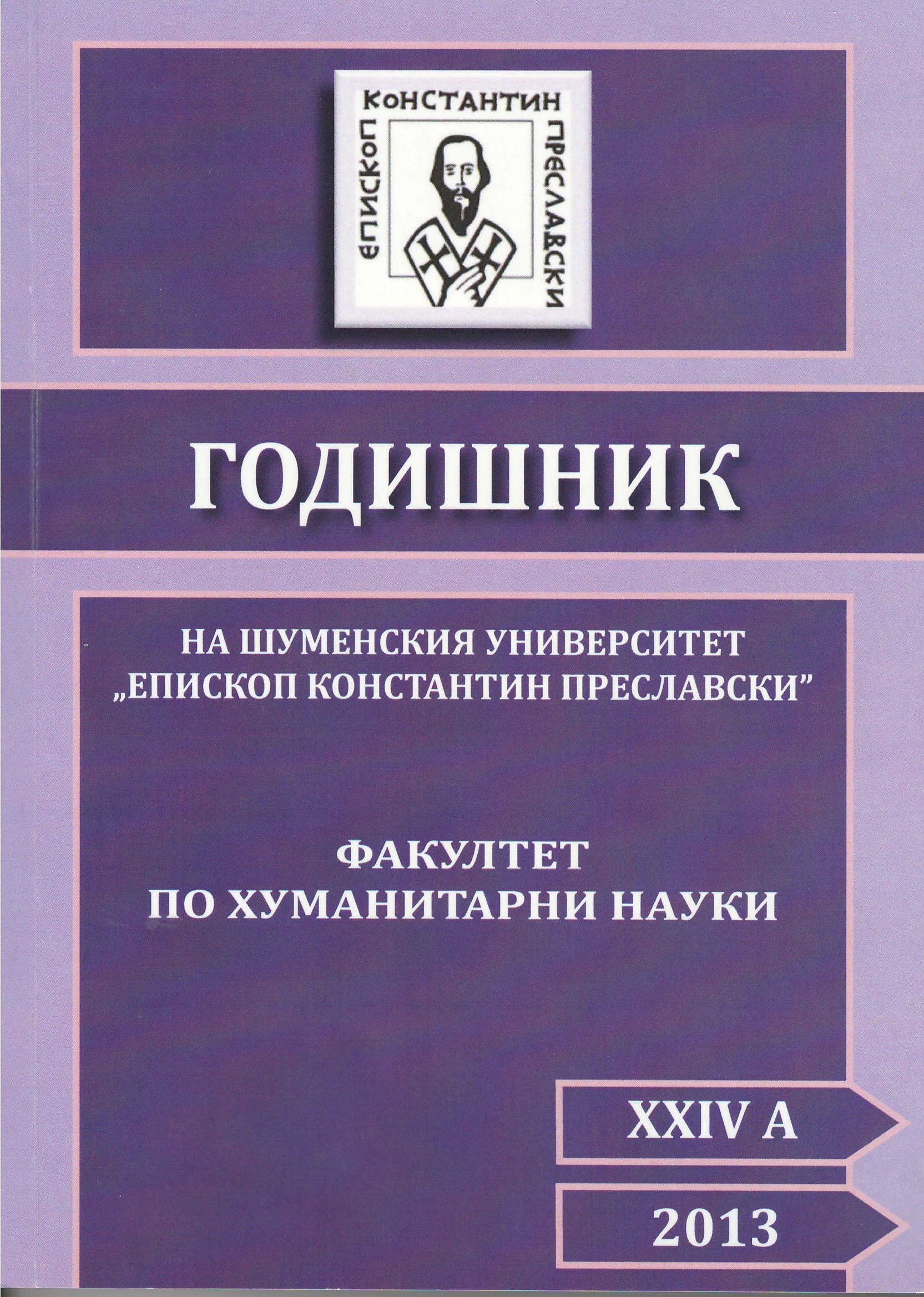Двуезичните речници с немски и български език като помощни средства при възприемане и създаване на чуждоезичен текст
Bilingual dictionaries of German and Bulgarian as an aid in perceiving and producing foreign language texts
Author(s): Nataliya LechevaSubject(s): Lexis
Published by: Шуменски университет »Епископ Константин Преславски«
Keywords: bilingual lexicography; lexicographical equivalence; translation equivalents
Summary/Abstract: The complicated matter of language makes the task of bilingual dictionaries difficult, since they have to present the meaning of lemmas as well as possible contrasting the vocabulary of two languages. An active dictionary enables users to produce correct texts in the foreign language. The user should get as many equivalents as possible, and also learn about meaning differences, stylistic characteristics and usage of different equivalents. A dictionary has to offer paraphrases, synonyms and text examples of word and idiom usage. In a bi-directional dictionary, e. g. Bulgarian-German and German-Bulgarian, the user should be enabled to double-check potential translation using the passive dictionary (back translation).Thus bilingual dictionaries in their usual form are not able to help the user translate stylistically marked and lexically non¬isomorphic texts or texts with too many idiomatic expressions. A great deal of the lexical richness remains hidden to the user who relies on the help of the bilingual dictionary. The two parts of the dictionary should be relatively symmetric. This article contains some suggestions how to achieve this relative symmetry.
Journal: Годишник на Шуменския университет "Епископ Константин Преславски". Факултет по хуманитарни науки
- Issue Year: XXIV/2013
- Issue No: 1
- Page Range: 277-289
- Page Count: 13
- Language: Bulgarian

